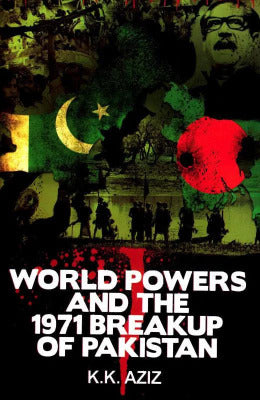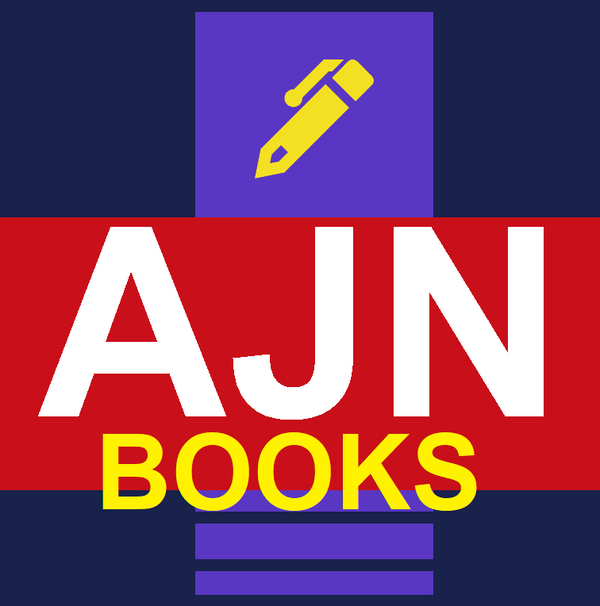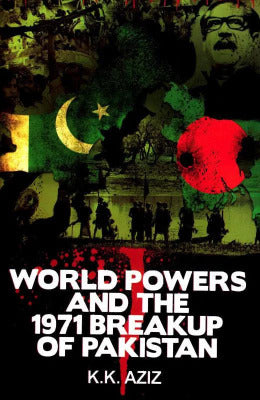WORLD POWERS AND THE 1971 BREAKUP OF PAKISTAN
WORLD POWERS AND THE 1971 BREAKUP OF PAKISTAN
WORLD POWERS AND THE 1971 BREAKUP OF PAKISTAN by K. K. AZIZ
Most people have a vague idea that in the months leading to the 1971 breakup of Pakistan and during the savage military action in East Pakistan all the major world powers (except China, which couldn't do anything) were severely critical of Pakistan's policies and decisions. For the first time, this book chronicles and records this hostility precisely, punctiliously and extensively.
For this purpose Professor Aziz has consulted an incredibly enormous range of source material: 152 newspapers and magazines, 155 journal articles, 133 books, and several unpublished radio and TV broadcast transcripts.
The focus is on the United States, the United Kingdom and the USSR, with a brief look at the rest of the world. A detailed chapter de-scribes the making and implications of the lethal Indo-Soviet Treaty. The brief but explosive prologue is a novel and damaging expose of the unpardonable mistakes made by the All India Muslim League leadership between 1906 and 1947 which, irrevocably and inevitably, led to the creation of Bangladesh. This investigation is based on original and contemporary documents. To put the foreign comments in their context, the more relevant portions of the Hamood-ur-Rahman Commission Report are reproduced in an appendix.
This book is a register of events, a narrative of public opinion and an account of how the world powers saw and judged the developments of 1970-71. It is a collection of stark and brutal facts and comments upon them. It is not a work of analysis or judgment because Pakistani scholars are denied the freedom of expression essential for that exercise.
As most of the material used here is available in Pakistan but not all of it at one place anywhere, this volume is a valuable and indispensable source book for any study of the 1971 disaster.
The Author:
K.K. AZIZ (B.1927) has taught poetics, history, Islam and Asian studies for 50 years at various institutions, including Govt. College Lahore, and the Universities of. Manchester, Punjab, London, Khartoum, Heidelberg, Toronto and Cambridge.
In Pakistan he has served as Deputy official historian to the Federal Govt., Chairman of the National Commission on Cultural Research, and Special Policy Advisor to the Prime Minister.
In 1997, he was elected to the coveted Aziz Ahmad Memorial lectureship at the University of Toronto. Author of 32 scholarly works, he commands an international reputation as a political scientist, historian and general lecturer.
Product features
Product features
Materials and care
Materials and care
Merchandising tips
Merchandising tips
Share


